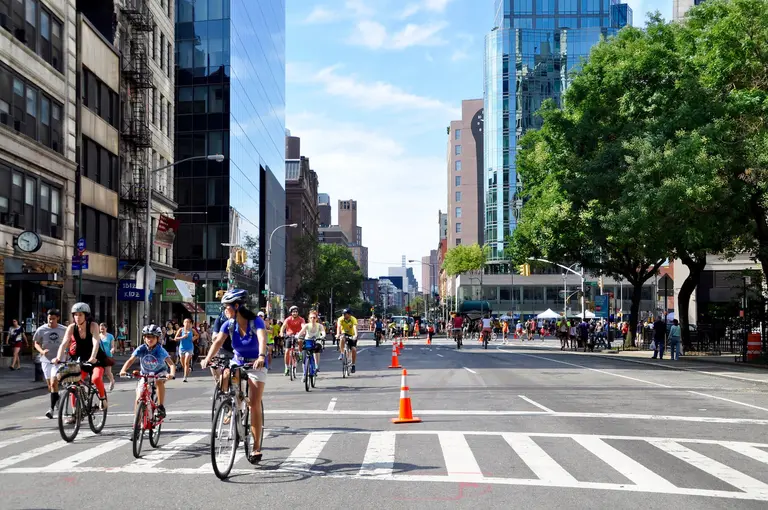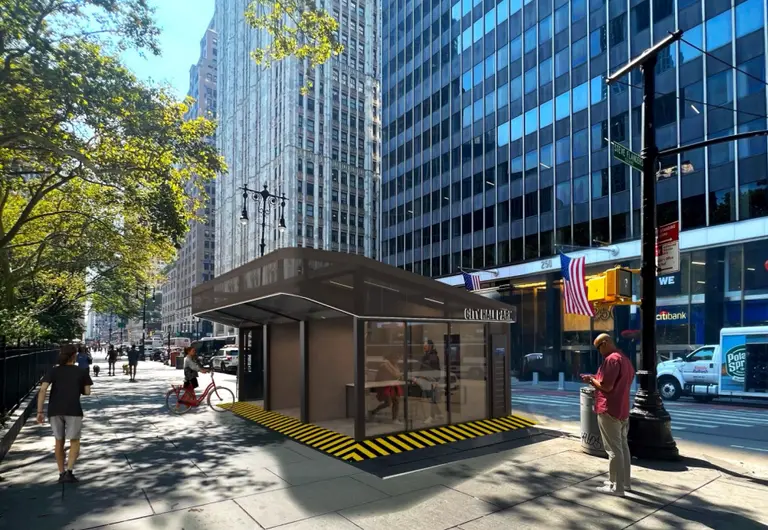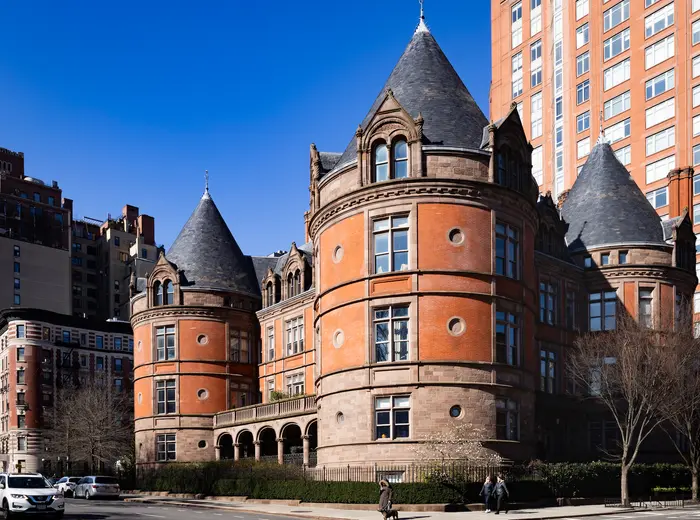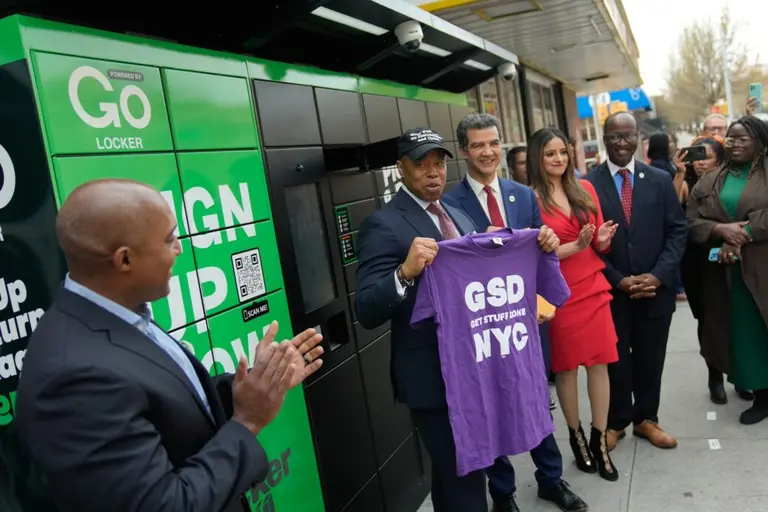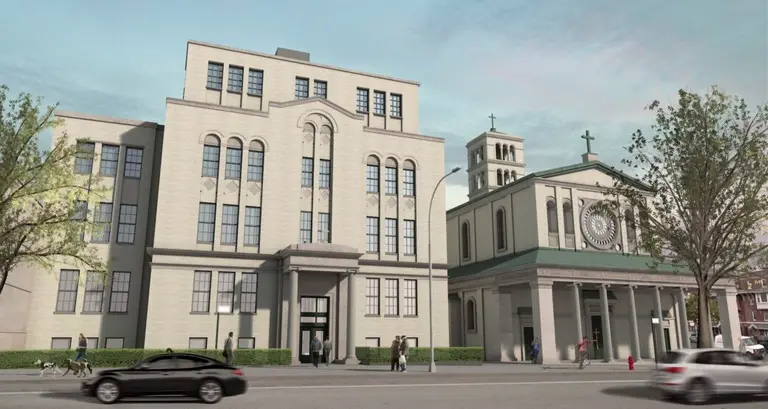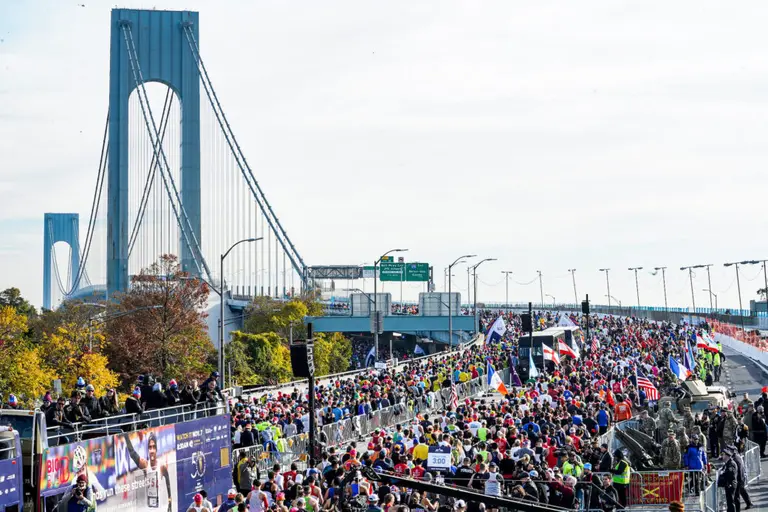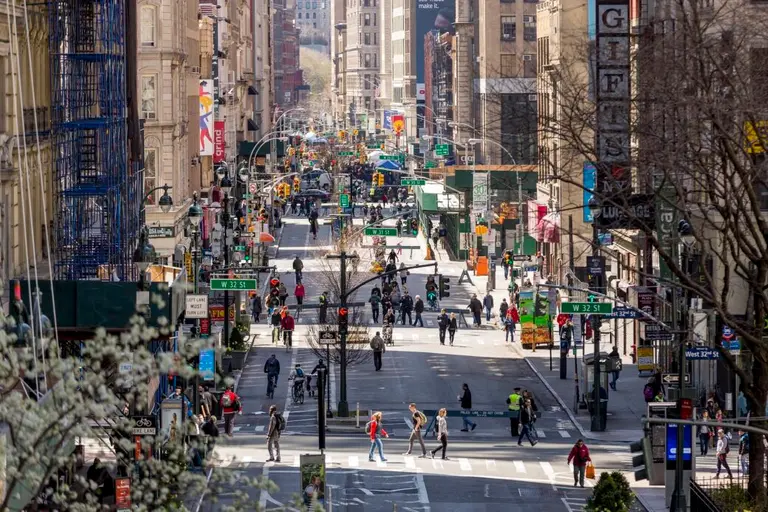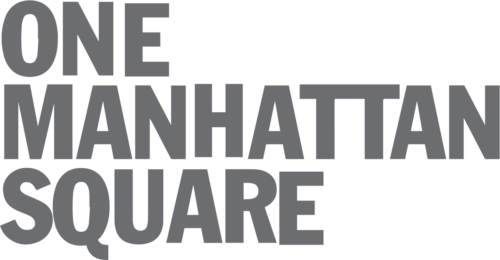Second round of Transit Tech Lab accelerator launches with emphasis on accessibility
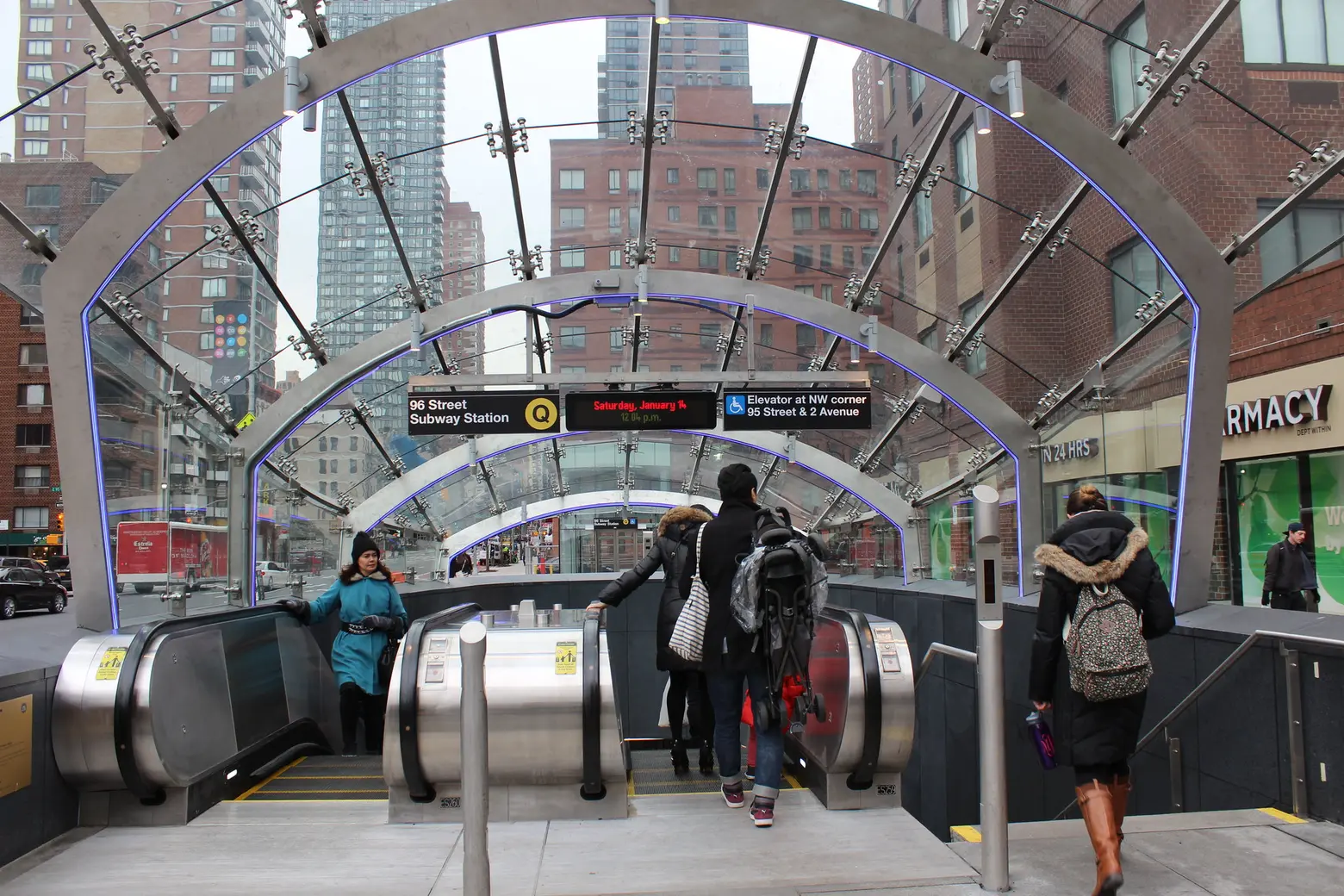
Photo by Shinya Suzuki on Flickr cc
The MTA and the Partnership for New York City have announced the second round of the Transit Tech Lab accelerator program that launched earlier this year. The inaugural run selected six finalists to participate in an eight-week program dedicated to developing innovative, private sector solutions for the challenges facing our subway, bus, and rail services. Of those six, four companies have already started piloting their products with the MTA. The new round of submissions is specifically seeking entrepreneurs with products that improve accessibility (a major component of the MTA’s recently unveiled capital plan), enhance traffic coordination, or create new sources of revenue. Submissions are open through November 30.
“As we look to make unprecedented investments in service modernization, it is imperative that we utilize every avenue possible to open the MTA to the most creative technologists in mobility,” said Patrick J. Foye, chairman and CEO of the MTA, in a statement. “The Transit Tech Lab is a proven partner for evaluating and introducing technologies that address some of our most critical challenges and it has generated millions of dollars in value at no cost to the MTA.”
A statement about the program explains that experts from public agencies, academia, and business will select the most compelling companies to participate in the accelerator, where the goal is demonstrating how they could solve one (or more) of the problems identified by the MTA or another agency. Due to the success of the first edition, the Port Authority of New York and New Jersey, New York City Department of Transportation, New York City Taxi and Limousine Commission, NJ TRANSIT, and Amtrak have decided to participate in this next round.
“With the Lab’s assistance, we seek to utilize private-sector innovation and cutting-edge solutions to improve accessibility and reduce traffic and curbside congestion at our airports,” said Rick Cotton, Executive Director of the Port Authority of New York and New Jersey.
“With our Capital Plan set to be released this spring, NJ TRANSIT must be more strategic and more aggressive in harnessing innovations from the private sector to improve our organization and the service we provide,” added NJ TRANSIT president & CEO Kevin Corbett. “That’s exactly what the Transit Tech Lab will help us do.”
The panel is seeking submissions that focus on three areas of improvement: making the subways more accessible through technology that could include enhanced wayfinding, mapping, and Augmented Reality tools; opportunities to generate additional revenue outside the farebox through initiatives that may include customer loyalty programs and digital retail; and solutions for coordinating traffic among passenger cars, for-hire vehicles, public buses, commercial trucks, tour buses, bicycles, and pedestrians.
“With growing demands for street space from multiple road users on New York City’s streets, we look forward to seeing the creative and innovative ways in which participants can help DOT improve curb management and keep New Yorkers moving,” said New York City DOT Commissioner Polly Trottenberg.
The program is part of the Transit Innovation Partnership that was established by the MTA and the Partnership for New York City to bring New York’s mass transit system into the 21st Century. It’s run by Rachel Haot, former Chief Digital Officer of New York City and State.
Learn more about the program and apply here.
RELATED:
